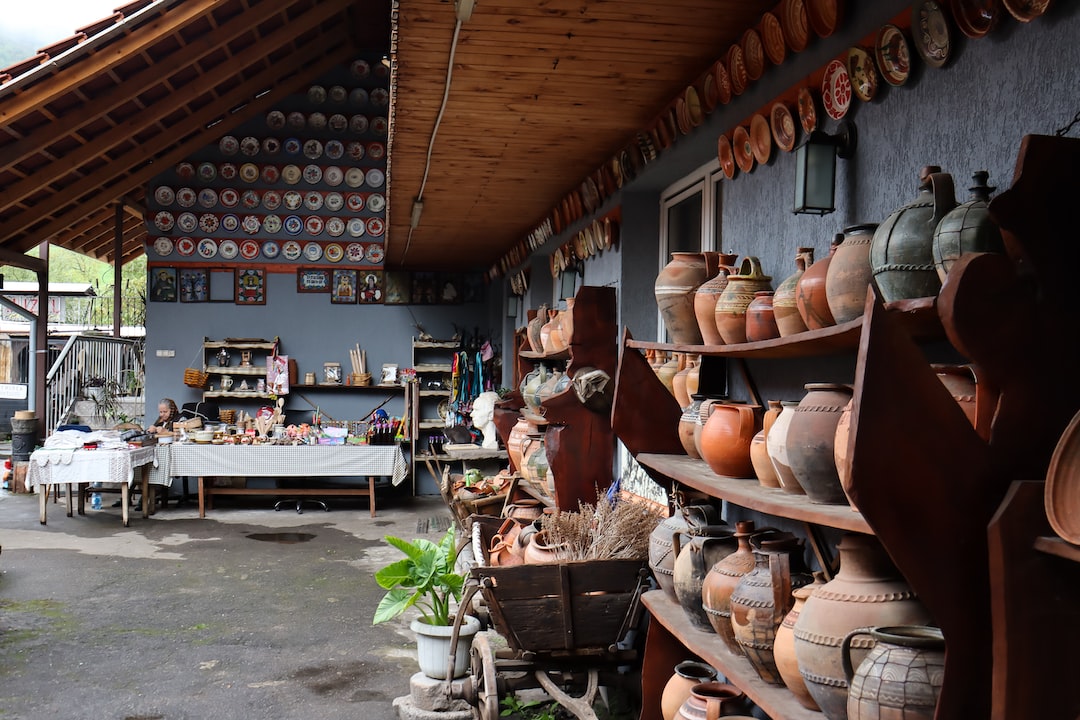Introduction
Table of Contents
We warmly welcome you to this elaborate and informative guide, focused on facilitating your journey of mastering the Romanian language. By sparking an intrigue into the unique origins, distinct pronunciation, intricate vocabulary, and complex grammar structure of Romanian, we aim to debunk the common perception of Romanian as a hard language to learn. This guide is your go-to resource for starting your journey in Romanian, whether for personal or professional growth.
Origins and Influences of Romanian
The Latin Roots of Romanian
Romanian is a proud member of the Romance language family, joining the ranks of Italian, Spanish, French, and Portuguese. It is the singular Romance language spoken in Eastern Europe, tracing its lineage back to the Latin language of the Roman Empire. This historical context brings Romanian closer to its Romance language siblings through shared grammar structures and vocabulary.
Other Linguistic Influences on Romanian
While Latin provides the base of Romanian, it has absorbed influences from other languages throughout its history. Its geographic positioning has caused it to adopt traits from Slavic languages, Hungarian, Greek, and Turkish. These influences have left their imprint on Romanian vocabulary and certain grammar patterns.

Phonetics and Pronunciation in Romanian
The Romanian Alphabet
One of the first steps towards mastering Romanian pronunciation is to become well-versed with the Romanian alphabet. Based on the Latin alphabet, the Romanian alphabet introduces five additional distinct characters: ă, â, î, ș, and ț, each representing unique sounds inherent to the Romanian language.
Pronunciation of Romanian Words
Similar to every language, getting the Romanian pronunciation right demands practice and patience. Romanian pronunciation adheres to set rules once you get accustomed to the unique sounds of the language. Focusing on the pronunciation of vowel sounds, patterns of stress, and consonant clusters can greatly enhance your Romanian pronunciation skills.
Grammar Basics of Romanian Language
Noun Cases in Romanian
A vital part of Romanian grammar is the utilisation of noun cases. Noun cases set the function of a noun within a sentence, marked by specific endings. Romanian uses five distinctive noun cases: nominative, accusative, genitive, dative, and vocative. Grasping how noun cases function is indispensable for accurate sentence construction in Romanian.
Verb Conjugations in Romanian
Another fundamental aspect of Romanian grammar is verb conjugation. The endings of verbs in Romanian change according to tense, person, and number. Regular verbs follow predictable patterns, while irregular verbs necessitate the memorization of their conjugation forms. A solid understanding of verb conjugation is crucial to accurately express actions and occurrences in Romanian.

Vocabulary and Word Formation in Romanian
Common Vocabulary in Everyday Romanian
The cornerstone of effective communication in any language is a strong vocabulary. In the context of Romanian, several words are commonly used in regular conversations. Familiarity with these commonly used words can facilitate basic interaction and self-expression in a variety of circumstances.
Word Formation and Derivation in Romanian
Romanian boasts of an intricate system of word formation and derivation, where multiple words can originate from a common root word through the addition of prefixes, suffixes, and other affixes. Understanding how word formation operates in Romanian can significantly enlarge your vocabulary and equip you to decipher the meanings of unfamiliar words.
Challenges in Learning Romanian
Difficult Aspects of Romanian for Non-native Speakers
Every new language brings its set of challenges, and Romanian is no exception. For non-native speakers, the noun case system, verb conjugations, and the pronunciation of certain sounds can initially appear daunting. However, these challenges can be surmounted with regular practice and a positive outlook.
Common Mistakes in Learning Romanian
Like any learning process, the journey of mastering Romanian is often accompanied by some common mistakes. These mistakes usually revolve around inappropriate use of noun cases, incorrect verb conjugations, and challenges in pronunciation. By acknowledging these tendencies, you can consciously avoid these errors and enhance your language proficiency.

Helpful Resources for Learning Romanian
Effective Learning Tools for Romanian
Your journey of learning Romanian can benefit immensely from the several resources available at your disposal. Language learning platforms online, mobile apps, and language exchange programmes are available to provide interactive lessons, practice exercises, and opportunities to interact with native Romanian speakers. These resources can enrich your learning experience and make the journey of language acquisition more engaging.
Recommendations for Romanian Language Courses
If you prefer a more structured learning style for Romanian, joining a language course is a beneficial option. With comprehensive guidance and support, either in a physical classroom or online, the expertise of a professional instructor can help you navigate the complexities of Romanian grammar, vocabulary, and pronunciation, ensuring continuous personalised attention and feedback.
Advantages of Learning Romanian
Career and Business Opportunities
Mastering the Romanian language can open a plethora of career prospects and business opportunities. With Romania witnessing rapid growth in sectors such as IT, engineering, and tourism, proficiency in Romanian offers a competitive edge in the global job market. Furthermore, fluency in Romanian can foster stronger business relations and stimulate international collaborations.
Personal and Cultural Benefits
Beyond the professional sphere, learning Romanian can significantly enrich your personal life. It carves a pathway to appreciate the rich culture and history of Romania, and its vibrant music, literature, and art. Learning a new language also sharpens cognitive abilities and instills a sense of personal achievement and growth.

Conclusion
In conclusion, although learning Romanian can initially seem daunting, with the right strategy and resources, it is indeed a manageable and gratifying adventure. By gaining insights into the origins and influences of the language, honing pronunciation skills, understanding basic grammar, expanding vocabulary, and tackling the challenges head-on, you can make confident strides into the fascinating world of the Romanian language. Be it exploring career opportunities, interacting with Romanian speakers, or delving into the rich Romanian culture, embarking on the journey of learning Romanian promises to be exciting and fulfilling. So, don’t hold back – kickstart your Romanian language learning adventure today!